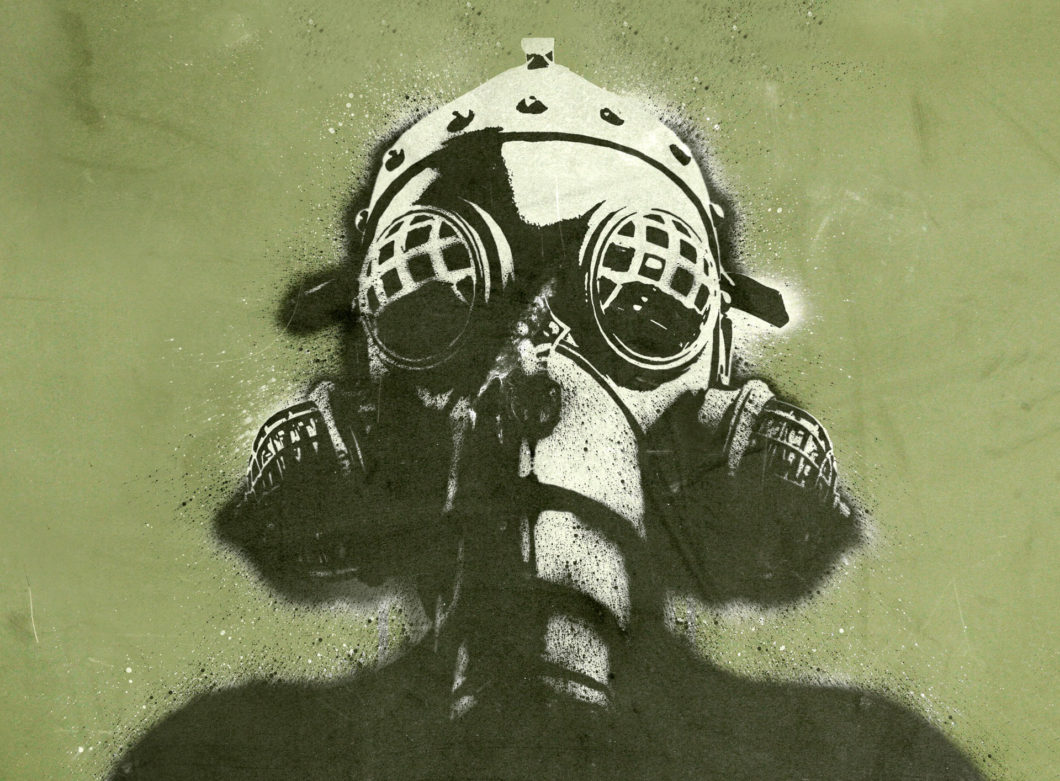The last several years of my life in the city I developed an interest in prepping. This was a compromise born from a desire to homestead, but with no land to work. It was around this time I realized my dependence on public infrastructure and supply chains, and the hardship I would face should a natural disaster disrupt those systems, even for a few days. I began stockpiling non-perishable foods, water, general survival supplies, and a few other comforts. Soon, I had a month’s supply of food and water—this was before I considered any friendly marauding by my two roommates once their microwave meal supplies were depleted. Considering my previous position, I felt relatively secure and pondered why prepping had been so typically shunned as fringe and antisocial.
While there is overlap between prepping and homesteading, the two are distinguished as such: preppers hoard, homesteaders harvest. Preppers focus on acquisition of the end products while homesteaders seek to establish the means of production. The first is a hobby, the latter is a lifestyle—potentially a business. People can lead a variety of lives compatible with prepping, but a true homesteader must organize their life around their homestead. Canned food can be forgotten, but crops and livestock can be lost overnight. In stark contrast, preppers advance their efforts primarily with financial investment while homesteaders progress mostly by the sweat of their brow. The two are similar regarding food preservation and storage, but only to the extent they both engage in the practice; increasing your emergency pantry is as easy as going to the supermarket for the prepper, but the homesteader grows their stores slowly and seasonally. Finally, I would consider the prepper to have a hoarding mindset stemming from scarcity, while the homesteader’s approach is much more goal oriented and one of fruitfulness.
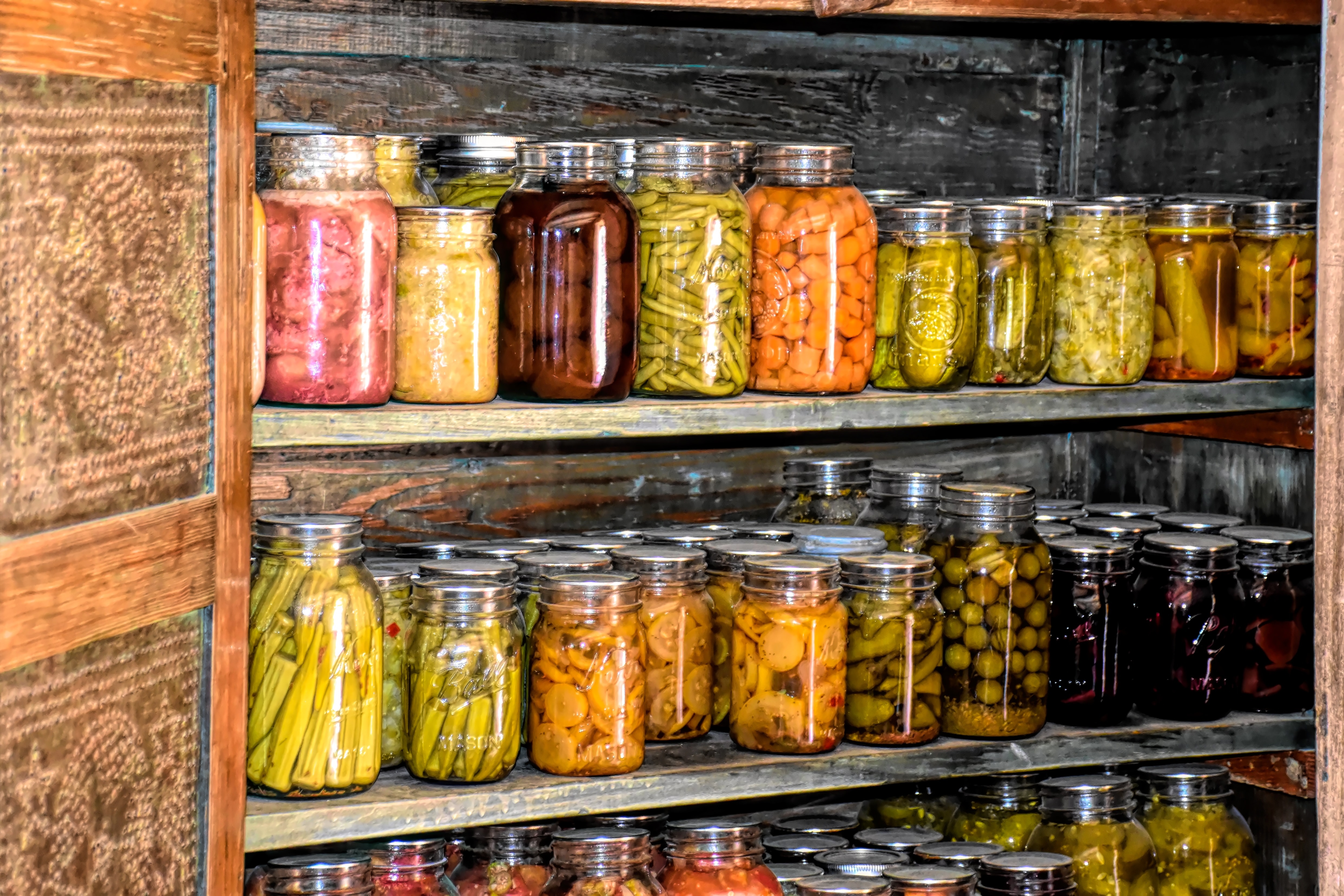
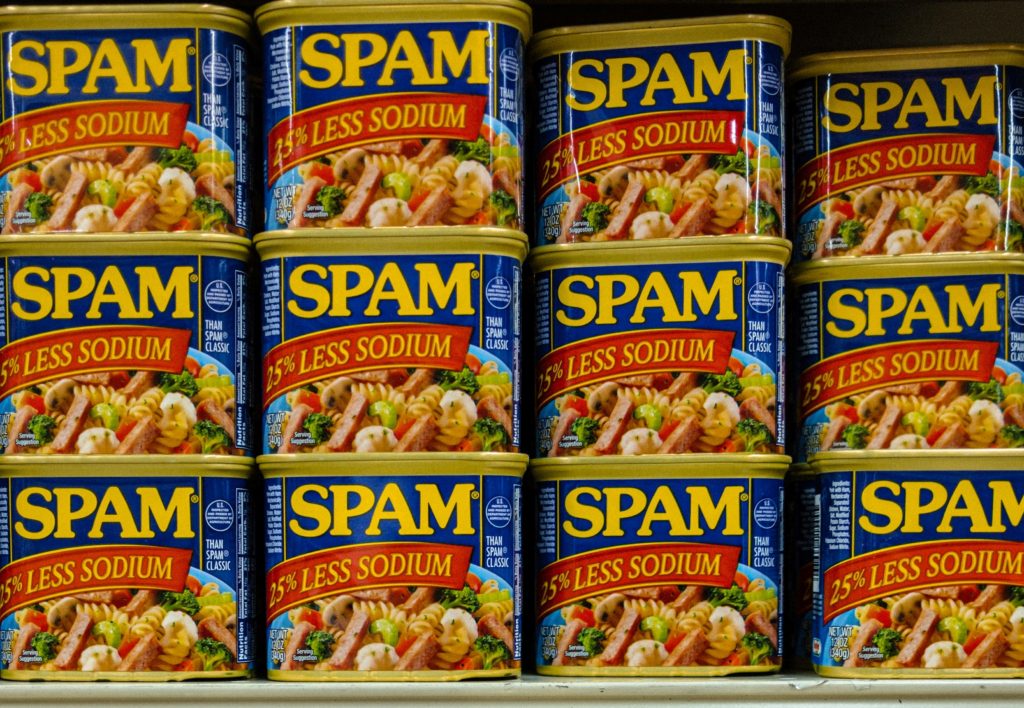
I commend anyone making efforts to take more responsibility for their food, water, and safety, but I think preppers tend to fetishize and fantasize about an end-time opportunity to use their supply. Plus, it just strikes me as a very boomer trend; this detracts from any of its merits and makes it difficult for me to dissociate any thoughts of prepping with that image. I can’t help but picture a retired guy in a Hawaiian shirt spending his child’s inheritance on ammo, canned beans, and booby traps—before continuing to live his life of excess—to prepare for a societal collapse that his generation created, but won’t have to face. It’s true, preppers tend to be fear-based, and planning for a future through the lens of doom and destruction is unhealthy; it’s far better you take pride in your own production and be excited for all that you’re building and growing. Rather than react to future possibilities in foresight, we should create the future ourselves, regardless of what may happen around us.
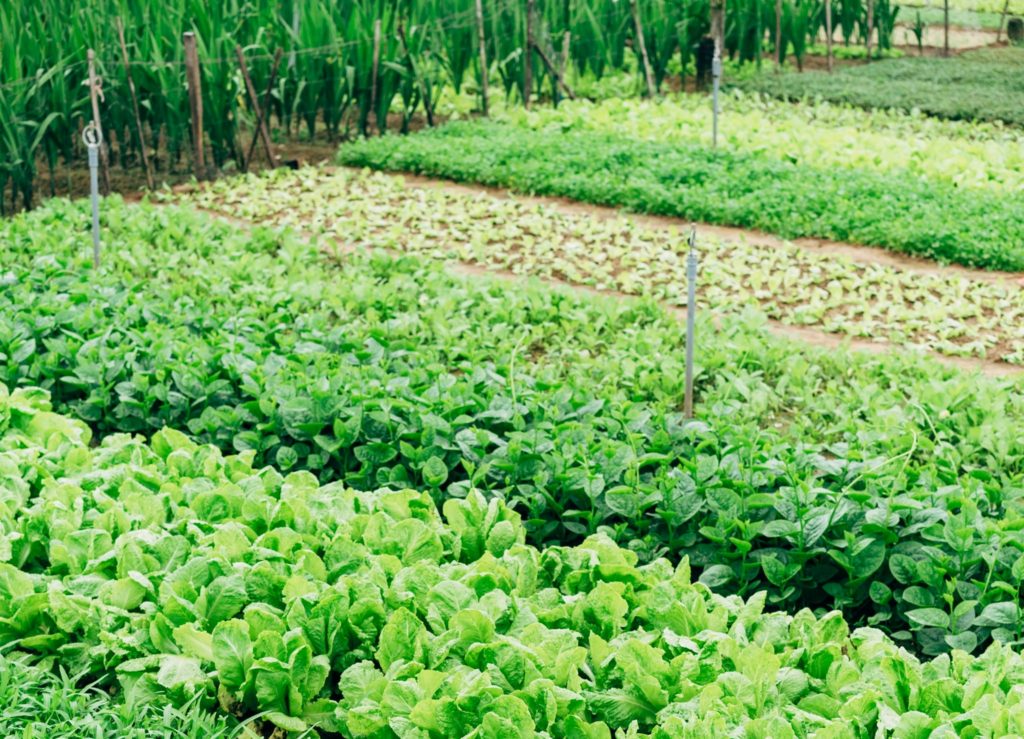
Though I wouldn’t endorse the prepper life, the mainstream critiques of it are simply in bad faith. I see two main reasons for the public disapproval: one internal and one external. First, let’s consider the incentives from within. Many people criticizing preppers are the same people who refuse to acknowledge any possibility of societal breakdown, both temporary or extended. The very existence of the prepper, and the governmental distrust that drives them, is a threat to the criticizer’s comfortable knowledge [belief] that their life is safe. To acknowledge the prepper would be to validate fears of uncertainty and most people simply cannot accept the vulnerabilities of their life, take action to reduce risk, keep calm, and carry on. When looking at forces outside the average individual, it’s obvious the mainstream media complex is antagonistic towards preppers and trains people to view them with negativity. Just now, I searched Google for one prepper show I remember seeing air when I was younger, Doomsday Preppers, and saw a writer for The New York Times lambasted it as an “absurd excess on display” and “an easy target […] for ridicule.” I never saw the show, but judging by the name, I’m sure it sought to profile the most fringe, eccentric, and hardcore preppers possible and display them in a disparaging way. To a normie, this would be shrugged off as cheap entertainment with no ulterior motive. However, the purpose is evident when viewed through the lens of control. The ruling elite always wants a populace as dependent on them as possible, and as afraid as possible. Preppers store food and water in times of surplus so they are less fearful when there is a shortage. People who have even a short-term supply of food and water are much more secure and therefore less likely to allow fear-based concessions to their rights.
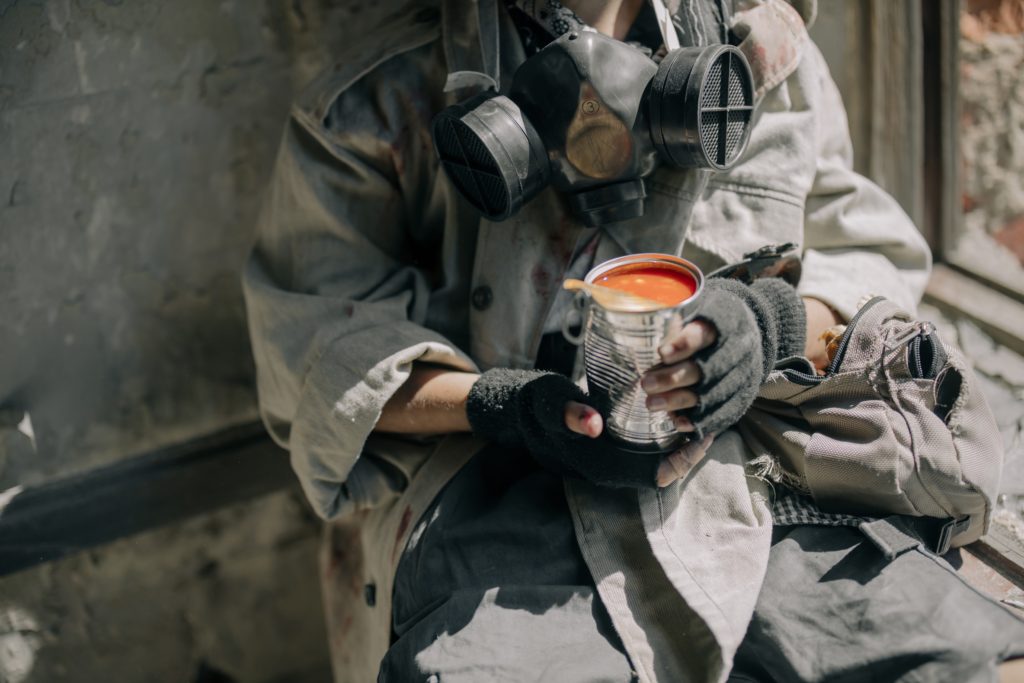
The determination that the government is antagonistic towards preppers because of their desire to limit people’s food and water security may seem incorrect since the government is less openly hostile towards homesteaders. Here’s the thing though. Homesteaders have a heavy overlap with the liberal movement towards sustainability which makes them much more difficult to demonize. Homesteaders also appear to be a harder target because, from my observations, they tend to have less antisocial personalities in their ranks than many of the preppers the media puts forward. However, I don’t doubt that the government sees homesteaders as a problem and uses more insidious methods to make their existence difficult such as increasing feed costs, removing homeschooling protections, propagating GMOs, etc. It would be unwise to think that simply because the assault is not overt, it is non-existent.
For people interested in securing themselves against any hardship or challenge, homesteaders will always outperform preppers. Homesteaders enjoy more security than preppers in both times of crisis and calm. Though preppers reduce their dependence on supply chains, they are limited by the size of their reserves, while homesteaders have renewable sources of food, water, and sometimes energy. Prepping should only be considered as a temporary compromise to homesteading, and only then if you’re living in an urban area. When living in the city with nothing but concrete around you it makes sense to simply collect food and water, since it would be very difficult to produce. Urban living can also make a person feel resigned to the belief that food and water scarcity is an inevitability in a catastrophe, regardless of the actions they take. They feel the sterile walls are closing in around them and it can seem like there is nowhere to run. I promise you though, if you live far enough from population centers you will feel the insulation from disruptions in the metropolitan areas. And don’t put off for tomorrow what you can do today. Homesteading is easier than most people think; planting a few herbs and getting a few chickens requires only the space of a patio and almost no maintenance. Time to get pumped and start growing!
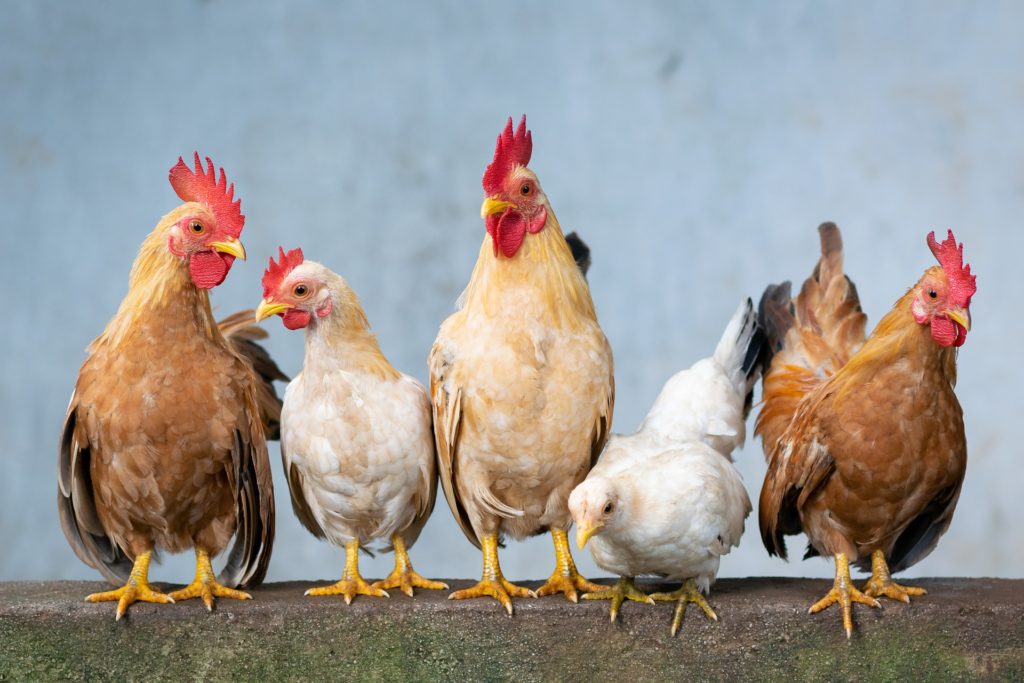
If you liked this article and want to keep up to date with future posts, you can sign up for my newsletter below. I promise I won’t blow up your inbox.
